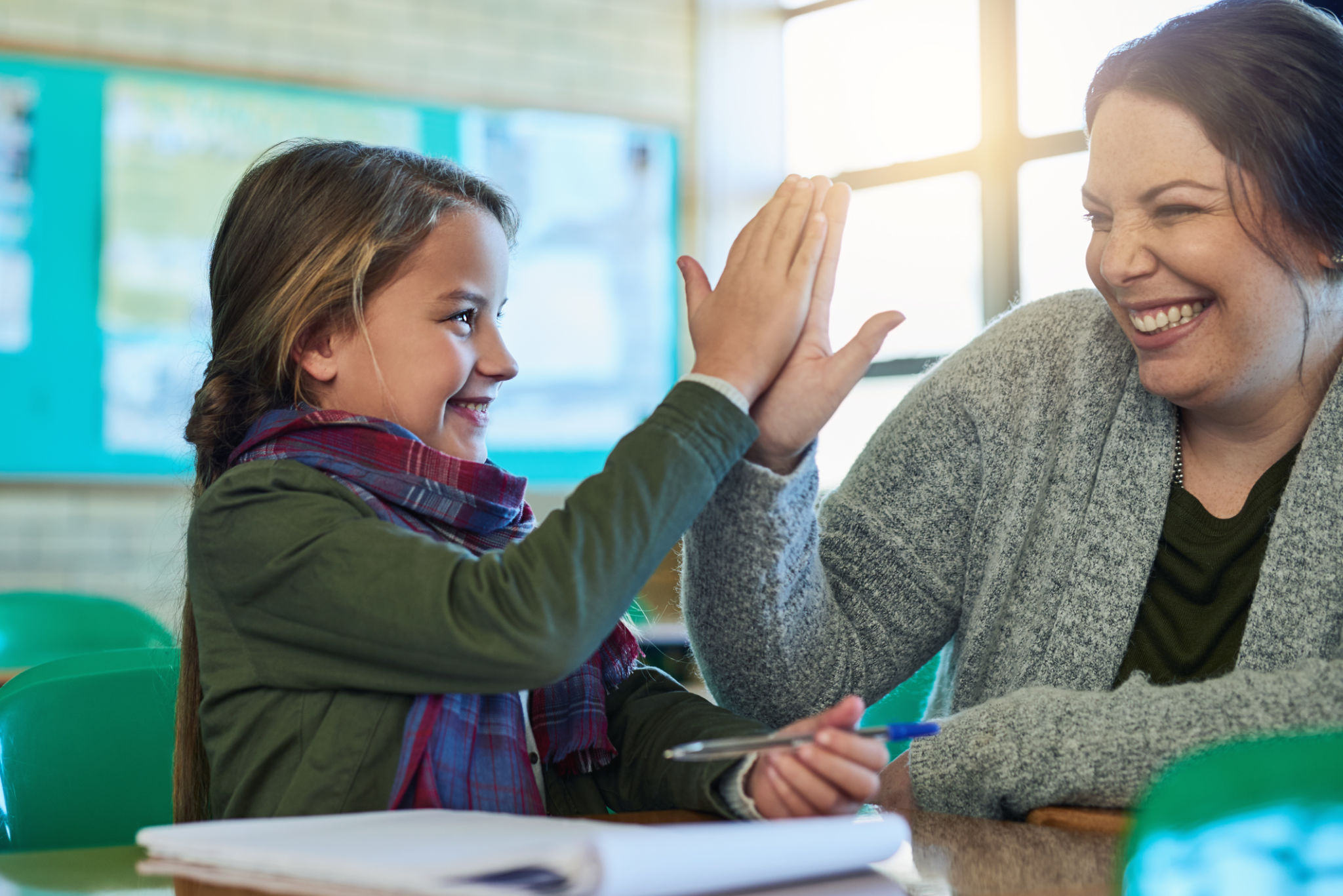How Educational Psychology Can Enhance Classroom Learning
Understanding Educational Psychology
Educational psychology is a branch of psychology that focuses on understanding how people learn. By applying psychological theories and principles, educators can enhance the learning process. This field emphasizes the importance of understanding individual differences, cognitive development, and the social context of learning. By doing so, teachers can create more effective educational strategies tailored to their students' needs.
Incorporating educational psychology into classroom practices can transform the traditional teaching environment into a dynamic learning space. It allows educators to identify and address the diverse needs of their students, fostering a more inclusive and supportive educational experience.

The Role of Motivation in Learning
Motivation is a critical component of educational psychology that significantly impacts student learning. Understanding what drives students to learn can help educators design lessons that engage and inspire. Intrinsic motivation, where students are driven by personal satisfaction or interest, is often more effective than extrinsic motivation, which relies on rewards or grades.
Teachers can cultivate intrinsic motivation by providing relevant content, offering choices in learning activities, and fostering a supportive classroom environment. By doing so, they encourage students to take ownership of their learning journey.
Strategies for Enhancing Motivation
Several strategies can be employed to boost motivation in the classroom:
- Set clear and achievable goals for students.
- Offer positive feedback and recognition for effort and improvement.
- Create a sense of community and collaboration among students.

Cognitive Development and Learning
Educational psychology also explores how cognitive development influences learning. Theories such as Piaget's stages of cognitive development and Vygotsky's social development theory provide insights into how students process information at different ages.
By understanding these cognitive processes, teachers can tailor their instructional methods to align with students' developmental stages. For example, younger children benefit from hands-on learning experiences, while older students may excel with abstract reasoning tasks.
Adapting Teaching Methods
Teachers can adapt their methods by:
- Incorporating age-appropriate activities that match cognitive abilities.
- Using scaffolding techniques to support and challenge learners.
- Encouraging peer interaction to facilitate social learning.

The Impact of Social Context on Learning
The social context in which learning occurs plays a crucial role in educational psychology. Students' interactions with peers, teachers, and the broader school community can influence their academic success. Positive social interactions can enhance motivation and engagement, while negative experiences can hinder learning.
Educators can leverage social context by creating a classroom culture that promotes respect, diversity, and inclusivity. This environment encourages students to share ideas, collaborate on projects, and develop essential social skills.
Cultivating a Positive Classroom Environment
To foster a positive social context, educators should:
- Encourage open communication and active listening among students.
- Celebrate cultural diversity and inclusivity in the classroom.
- Implement group work and collaborative learning opportunities.
By understanding and applying the principles of educational psychology, teachers can enhance their teaching practices and create a more effective learning environment for all students. This holistic approach not only improves academic outcomes but also supports the overall development of learners.